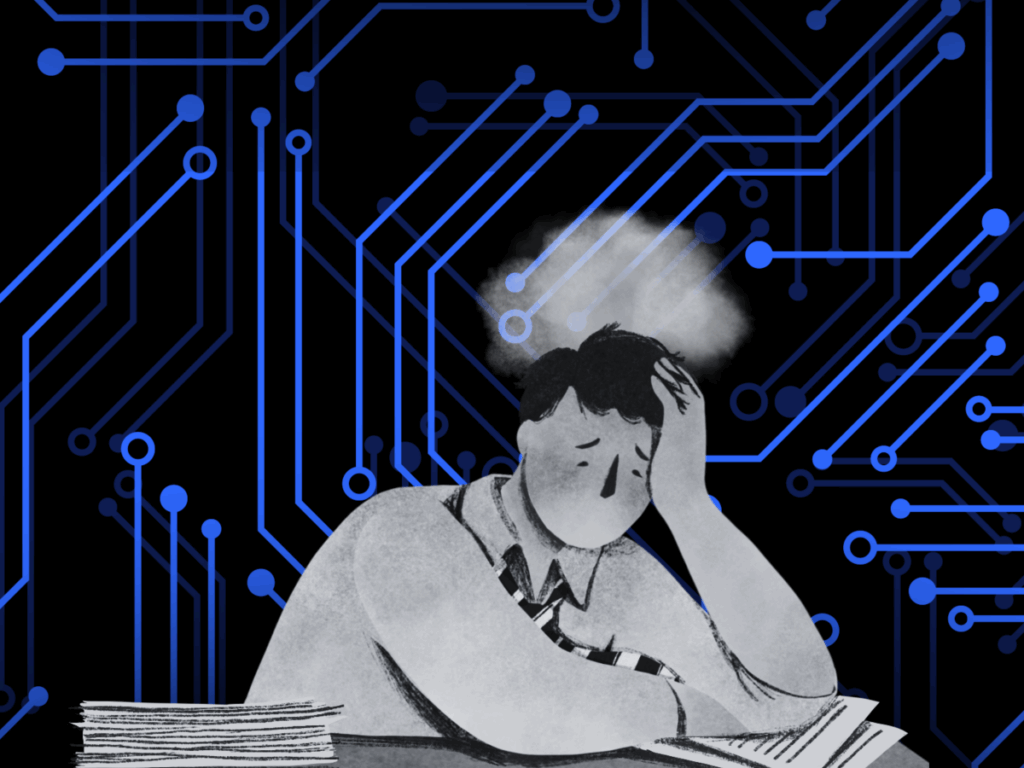Employee depression rising amid AI burnout and job insecurity
Use of AI surveillance, including monitoring software, intensifies burnout, micromanagement feelings, and disengagement.

Recent findings indicate that the rapid integration of AI in the workplace is fueling a surge in employee mental health concerns. Job insecurity looms large for many, with nearly half worried AI might replace them, a fear linked to increased anxiety, stress, and depression.
Simultaneously, the rise of AI-based surveillance tools, ranging from productivity trackers to mood analytics, creates a sense of constant oversight. Monitored workers report heightened stress, loss of autonomy, and disengagement, with many contemplating quitting.
Although AI promises productivity gains and workload reduction, excessive reliance on these tools often leads to information overload and diminished peer interaction. Many employees feel isolated as traditional collaboration gives way to machine-driven workflows.
Experts stress the importance of implementing AI thoughtfully. Transparency communication, human oversight, balanced AI-human workflow, and employee upskilling are crucial to fostering trust and minimising psychological risk.
Would you like to learn more about AI, tech and digital diplomacy? If so, ask our Diplo chatbot!
